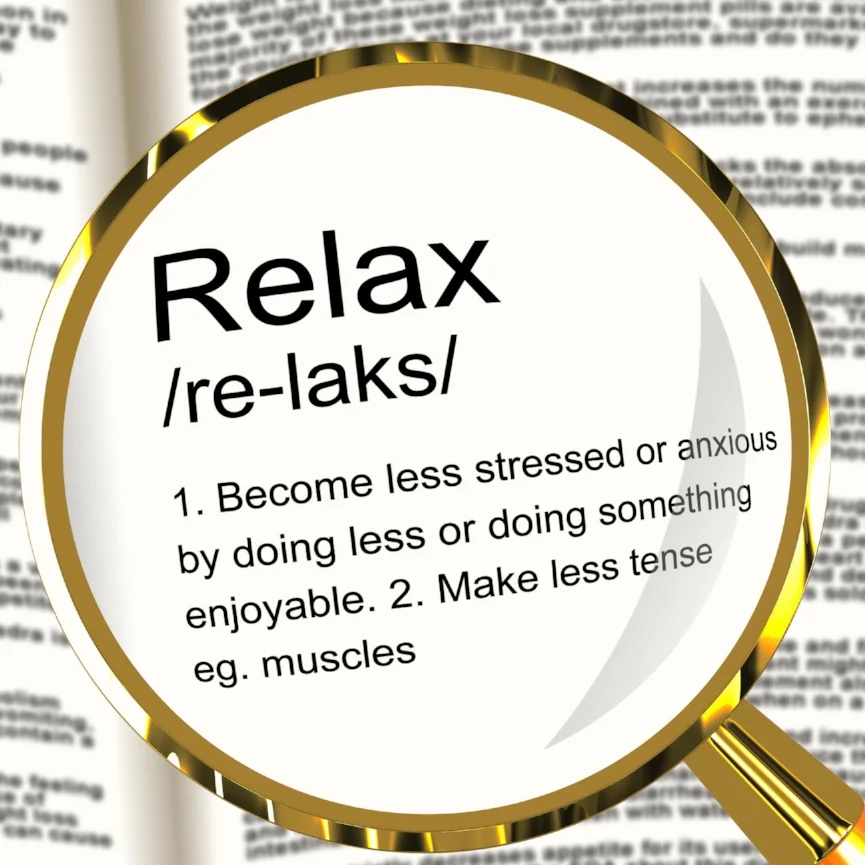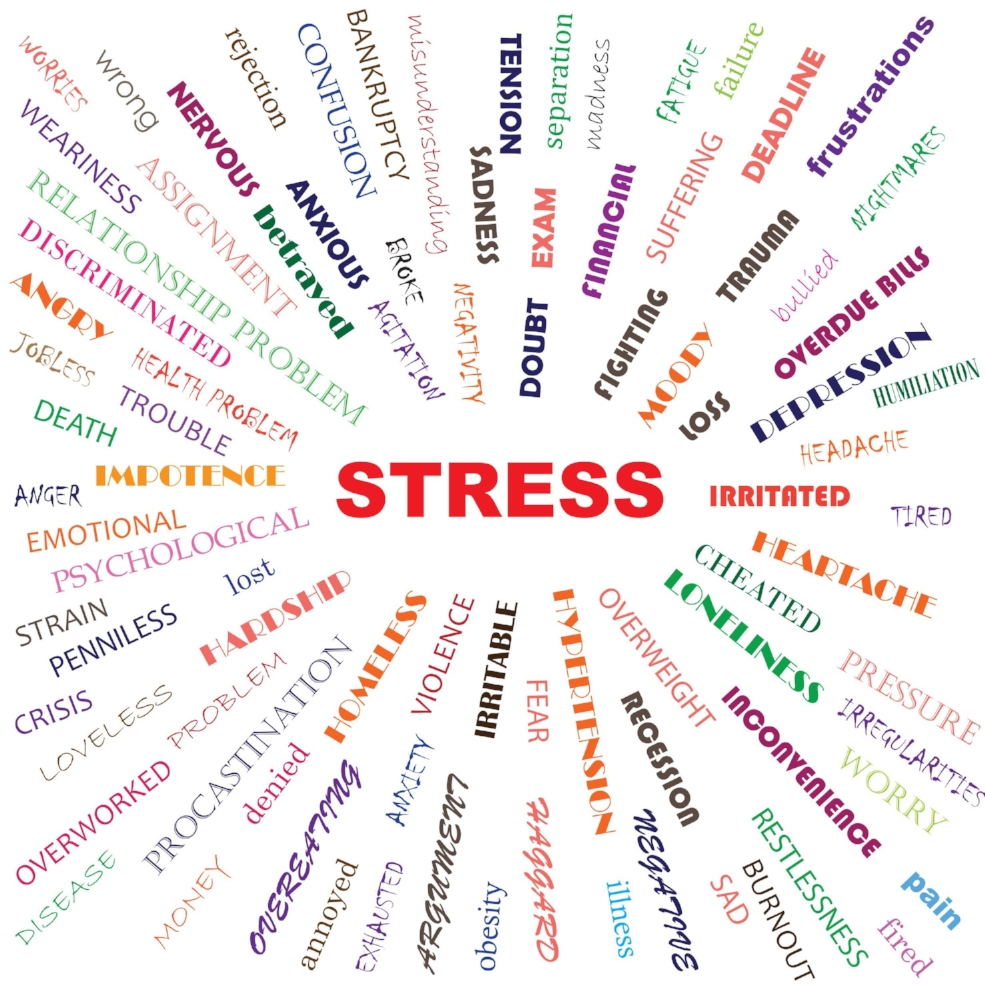The Science Behind Stress and Tips to Manage Your Daily Stress
“I’m stressed, I’m so busy, life is crazy” Does this sound like the typical response you hear when you ask someone...”How are you?”... or is this the response you give 9 times out of 10 when asked how you are?
Stress that occurs occasionally is actually good for us, it is when it is constant that we need to be concerned, very concerned. Hop on over to our blog on “How Your Stress Negatively Manifests Itself” to remind yourself of the warning signs of stress. The problem with our lives today is that we are over plugged- in, over scheduled and have totally unrealistic expectations for what we should accomplish everyday. Instead we need to think about how everyday we can minimize the demands that we willing let fill our plates. Additionally, how can consciously put mini activities into our days that build health vs. tear us down? And this everyday mini activity concept that we need to try to bring into our lives in a serious way. But first, let’s dive into the science behind stress as a mini motivator to get real about making a change.
It is important to understand the chemical or hormonal interaction when we experience stress. There are three primary hormones involved and released during a stressful moment or situation. These are adrenaline, norepinephrine and cortisol. However, our estrogen and testosterone are also hormones that affect how we react to stress, as are the neurotransmitters dopamine and serotonin. So, it is no wonder that when we are over stressed we are late for our periods, spot, get grumpy and gain weight etc.
Adrenaline, along with norepinephrine, is largely responsible for the immediate reactions we feel when stressed. Imagine you’re trying to change lanes in your car. Suddenly, from your blind spot, comes a car racing at 100 miles per hour. You return to your original lane and your heart is pounding. Your muscles are tense, you’re breathing faster, you may start sweating. That’s adrenaline.
Along with the increase in heart rate, adrenaline also gives you a surge of energy — which you might need to run away from a dangerous situation — and also focuses your attention.
The primary role of norepinephrine, like adrenaline, is arousal. When you are stressed, you become more aware, awake, focused. It also helps to shift blood flow away from areas where it might not be so crucial, like the skin, and toward more essential areas at the time, like the muscles, so you can flee the stressful scene.
Depending on the long-term impact of whatever’s stressing you out — and how you personally handle stress — it could take anywhere from half an hour to a couple of days to return to your normal resting state. So, imagine how this gets compounded when you jump from one stress situation to another and rarely give your body time to recover and neutralize.
It takes a little more time — minutes, rather than seconds — for you to feel the effects of cortisol in the face of stress, because the release of this hormone takes a multi-step process involving two additional minor hormones.
First, the part of the brain called the amygdala has to recognize a threat. It then sends a message to the part of the brain called the hypothalamus, which releases corticotropin-releasing hormone (CRH). CRH then tells the pituitary gland to release adrenocorticotropic hormone (ACTH), which tells the adrenal glands to produce cortisol. (That’s a lot of communicating going on)!
In survival mode, the optimal amounts of cortisol can be life saving. It helps to maintain fluid balance and blood pressure, while regulating some body functions that aren’t crucial in the moment, like reproductive drive, immunity, digestion and growth.
But when you stew on a problem, the body continuously releases cortisol, and chronic elevated levels can lead to serious issues. Too much cortisol can suppress the immune system, increase blood pressure and sugar, decrease libido, produce acne, contribute to obesity, influence musculoskeletal disorders, respiratory disease and or asthma, heart disease, adrenal fatigue and failure/autoimmune, and diabetes or hormonal imbalance/infertility.
Because chronic stress has become unprecedented today, we need to model our health care needs on vitality and prevention - build you up your healthy habits before you get taken down by stress or it becomes so chronic that you now have severe, very dangerous symptoms.
The key to beginning to managing your stress is committing to one small thing that you can focus on this month, that will impact your future and help you with managing your stress. Go back to the basics when you start to feel overwhelmed and when you feel the stress building up.
What's your one small change to focus on THIS month?!
Drink more water. Eat a vegetable with every meal. Drink less soda {or coffee, or booze}. Smile at a stranger. Walk two extra blocks to your office. Park at the back of the parking lot. Go to bed 20 mins earlier. Take 10 deep breaths when you're feeling overwhelmed. Go for a walk when you're angry, and come back to the issue at hand. Drink one less glass of wine. Only have half that pizza you just ordered. Walk a mile on the weekend with a friend, instead of happy hour
Just one small change to focus on for the next 30 days. That one small thing can turn into something new next month. Before you know it, you've created a whole new HealthStyle. Easy as that. All small changes, that are easy to incorporate.



